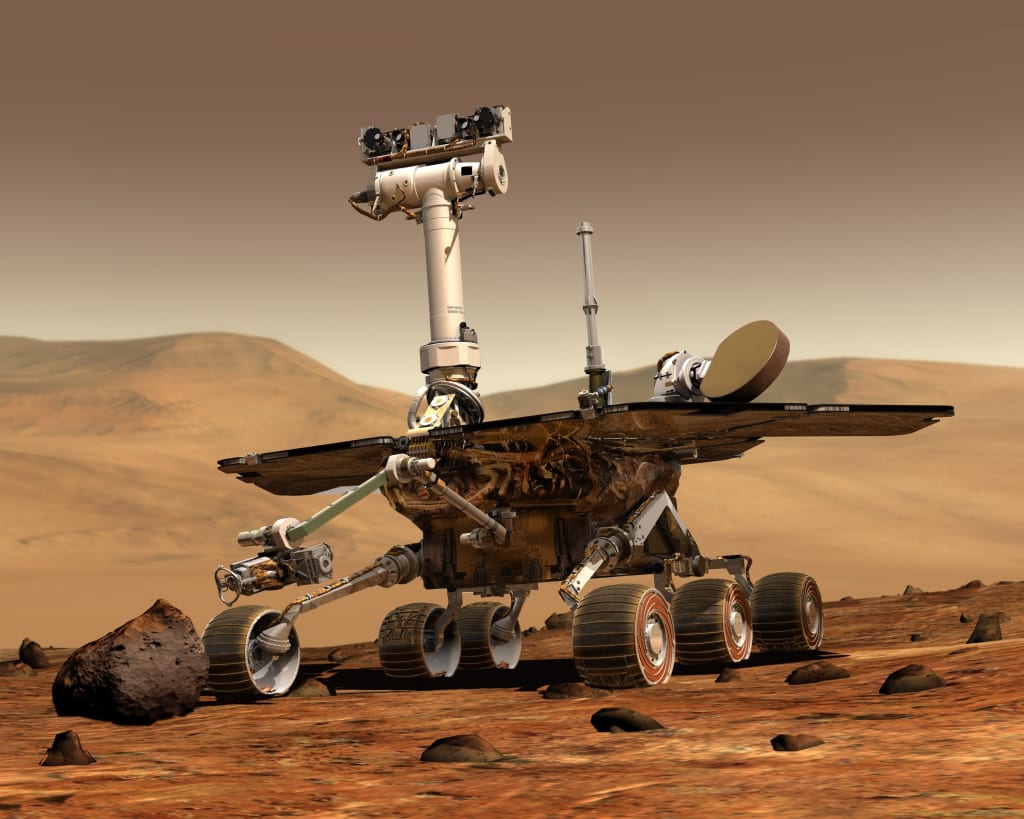the after world war historical 8 life-changing topics
After war Life changing moment

1. The Industrial Revolution: This revolution marked the transition to new manufacturing processes in the 18th and 19th centuries, which led to the development of new machinery, energy sources, and transportation networks, allowing for faster and more efficient production of goods.
The Industrial Revolution was a period of rapid economic, technological, and social change that began in Europe and spread to the rest of the world in the 18th and 19th centuries. It was marked by the introduction of new manufacturing processes, the development of new energy sources, and the widespread use of steam power. These advances allowed for the mass production of goods and the development of factories and transportation systems. The Industrial Revolution led to the rise of new industries, increased productivity, and a population shift from rural to urban areas. It also gave rise to new forms of work and labor practices, such as the factory system and the growth of labor unions. The Industrial Revolution brought with it significant social and political changes, including the rise of democracy, the expansion of the middle class, and the growth of new types of economic activity. It also had a major impact on the environment, with industrialization leading to deforestation, pollution, and the development of new energy sources.
2. The Scientific Revolution: This revolution laid the groundwork for modern scientific thought and led to the emergence of new disciplines such as astronomy, physics, aThe Scientific Revolution:
The Scientific Revolution was an era of intense scientific and technological development that began in the 16th century and lasted until the late 18th century. This period marked a major shift in the way that science and technology were studied and utilized, paving the way for the modern scientific method.
The Scientific Revolution was fueled by advances in mathematics, astronomy, physics, chemistry, biology, and anatomy, among other disciplines. During this period, scientists began to use the scientific method, which involves deriving hypotheses from observations, testing these hypotheses through experimentation, and refining and modifying them based on new evidence. This method allowed them to develop reliable theories about the natural world and its behavior.
The Scientific Revolution also saw the development of the scientific societies, which were formed to promote the exchange of scientific knowledge and foster collaboration among scientists. These societies provided scientists with the opportunity to share their findings and learn from each other.
The discoveries made during the Scientific Revolution had a profound impact on society and shaped the modern world. The understanding of the laws of nature and the development of new technologies provided the foundation for the Industrial Revolution and the development of modern medicine. The discoveries of this period also provided the basis for the development of the fields of physics, chemistry, and biology.nd chemistry.

3. The Enlightenment: This movement of thought greatly influenced the development of science and philosophy, and helped shape the modern world.
The Enlightenment was an intellectual movement of the 17th and 18th centuries that emphasized the power of reason over tradition, superstition and faith. It was a period of great progress and intellectual growth in Europe, characterized by an emphasis on science, rationalism, freedom of thought, and the ideals of the French Revolution.
The Enlightenment was an era of great thinkers, writers and inventors. Many of the world's greatest minds of the time, such as Voltaire, Jean-Jacques Rousseau, Immanuel Kant and Isaac Newton, were influenced by Enlightenment ideas. These thinkers challenged traditional beliefs and encouraged individuals to think for themselves. They also advocated for religious toleration, freedom of expression, democracy and the separation of church and state.
The Enlightenment brought about many social and political changes. It was responsible for the establishment of the scientific method, which laid the foundation for modern science. It also led to a greater emphasis on human rights, and the spread of democracy and capitalism. Additionally, it helped to foster the Industrial Revolution, which transformed the economies of Europe and the world.
The Enlightenment laid the groundwork for the modern world, and it is still influential today.





Comments
There are no comments for this story
Be the first to respond and start the conversation.